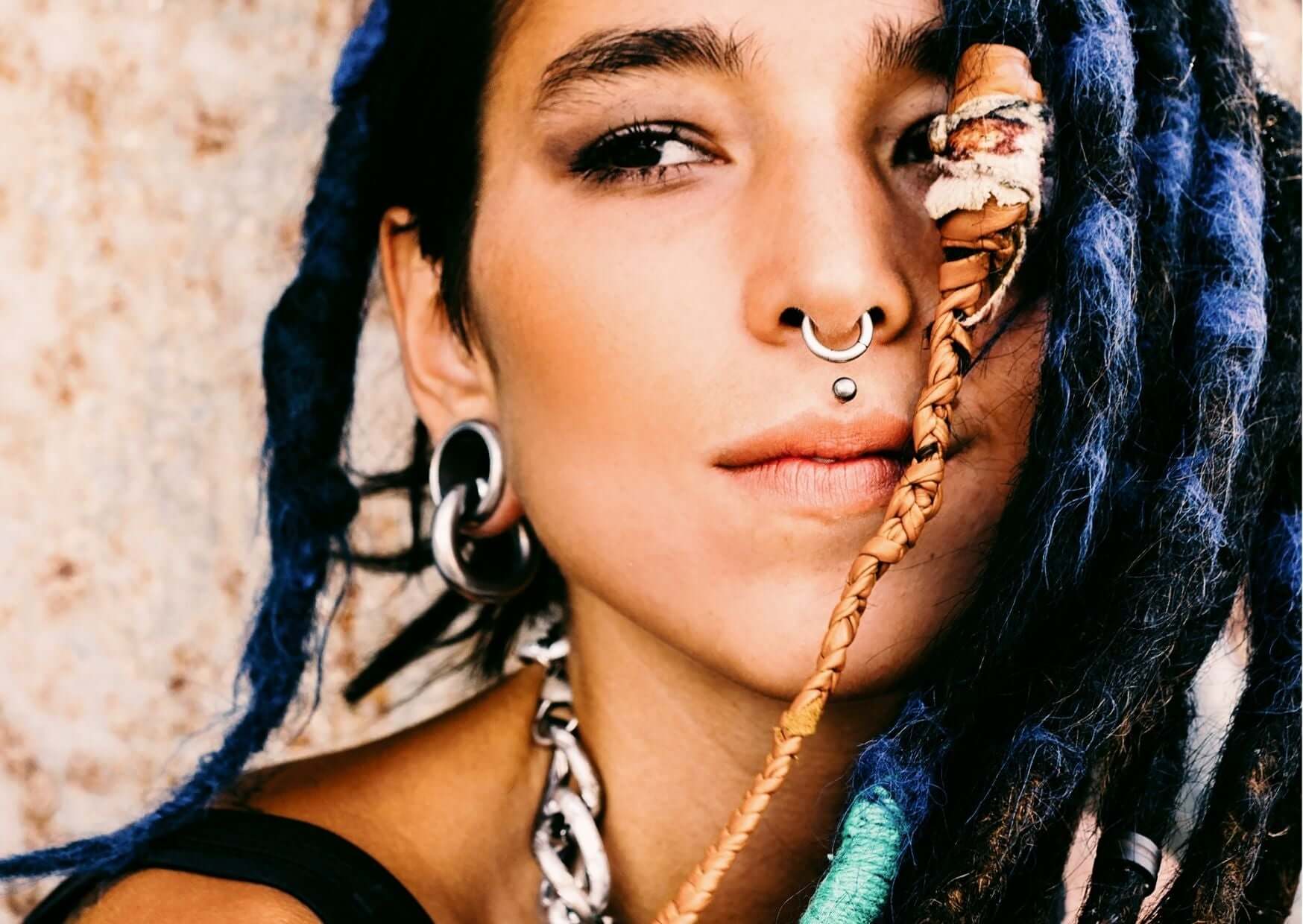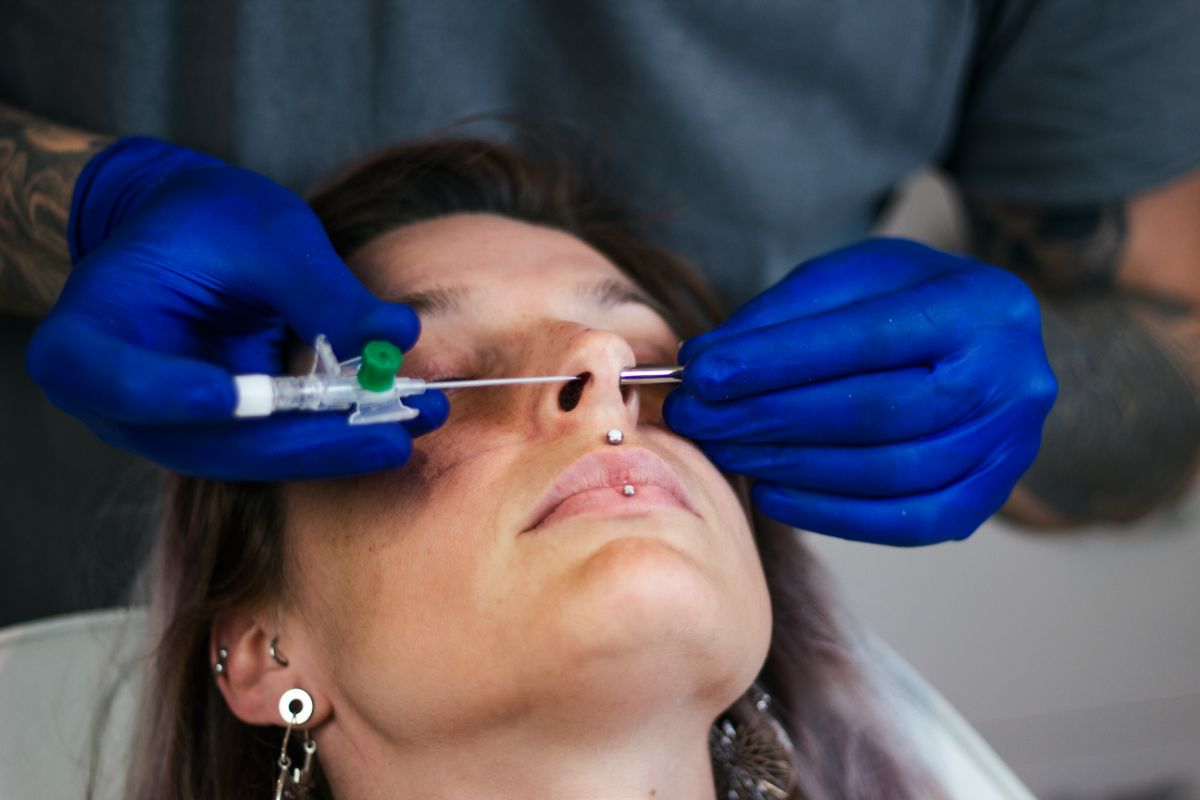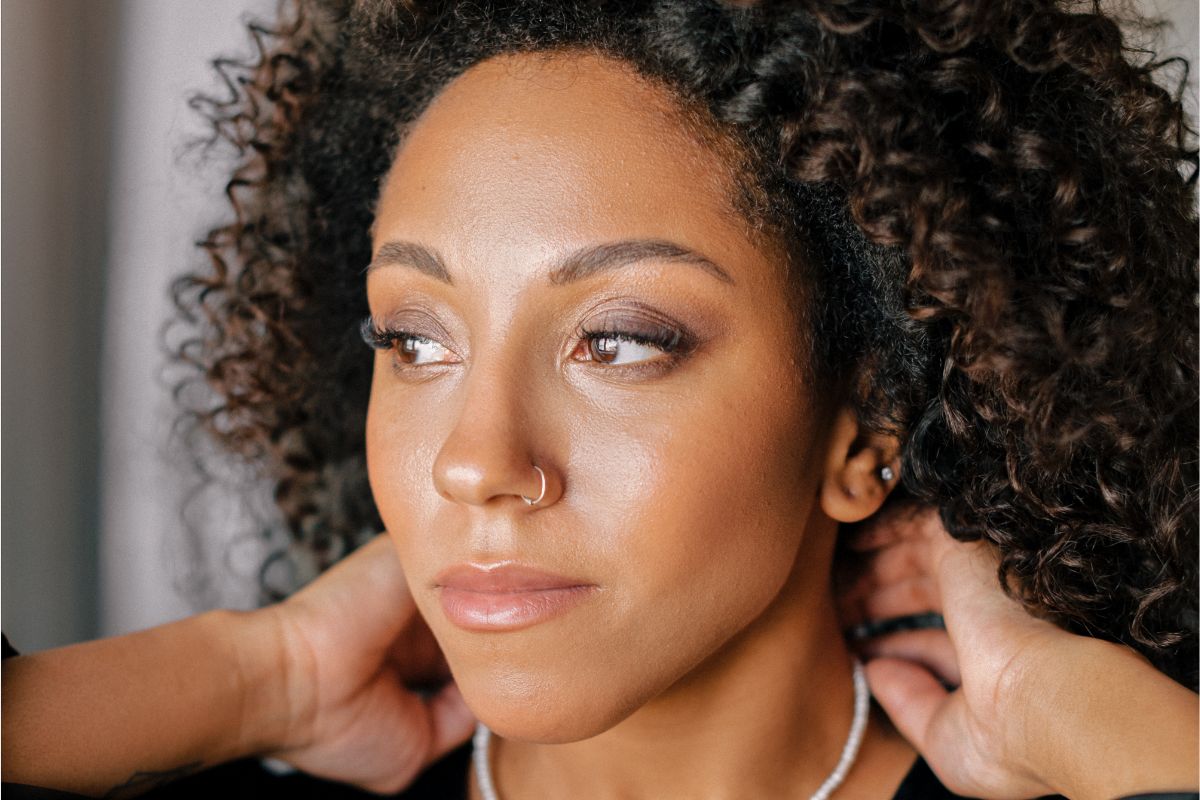How do you express your individuality? Some people express themselves through tattoos, while others prefer body piercings. Although these two are different, they do share one thing in common, these forms of body art involve pain.
The pain with tattoos depends on the size of the tattoo. The bigger the area it covers, the more pain you'll feel. The pain is generally shorter in body piercings since it only takes seconds to cut through your skin. But, research shows that certain areas in your body are less painful, and some parts hurt the most when pierced.
You might find yourself wondering which parts of my body hurt the most and which areas hurt the least. Well, brace yourself. If you're about to get a new piercing, you should know about these things, especially if you're not a huge fan of pain.

Most Painful Piercings
Genital Piercing
It's not uncommon for people to have their private parts pierced. According to surveys, both men and women get excited at the thought of genital piercings because they've been told that getting pierced "down there" enhances sexual stimulation and improves the sexual experience as it adds another form of friction during intercourse.
But, if you have a low pain threshold, this might not be for you since your genitals are teeming with nerve endings. A penis has approximately four thousand nerve endings, while the clitoris has more than eight thousand. So it's going to hurt big time.
Nipple Piercing
Another body part that is brimming with nerve endings is your nipple. This area is highly sensitive so if you get pierced there, get ready to feel the pain.
Least Painful Piercing
Ear Piercing
Ear piercings are the most popular because they don't hurt much, and the tissues heal fast. Heck, even babies and kids have them. However, some people with ear piercings say daith, rook, and conch piercings hurt more since the cartilage is thicker in these areas and the nerve endings are denser.
Ear piercings can heal in as little as fifteen to twenty days as long as you strictly follow your piercer's aftercare instructions. When you clean the area regularly, the chances of the piercing getting infected are slim.

Takeaway
It only takes a few weeks for the pain from a piercing to subside, but it can take much longer if you don't properly care for your piercings. Regardless of location, the success of your piercings depends on how well you keep them clean to reduce the risk of getting an infection.
If you're looking for a safe product to clean your piercings with, Dr. Piercing Aftercare can help.
At Dr. Piercing Aftercare, we've developed convenient medicated swabs that you can use to clean your piercings and keep infection away. We are proud of our products. They are made and tested in a cGMP compliant and FDA-registered facility in America.
We use advanced technology on our swabs for easy application. Each pack contains thirty-six medicated swabs that are proven and tested to promote your body's natural healing process while preventing infection. Contact us today, or check out our website to learn more about our products.





